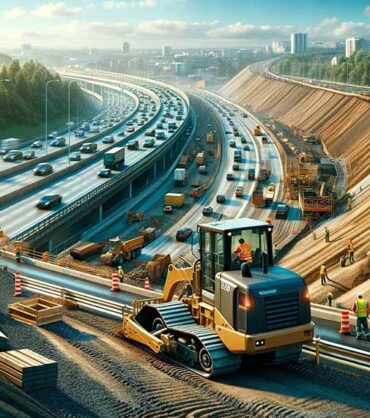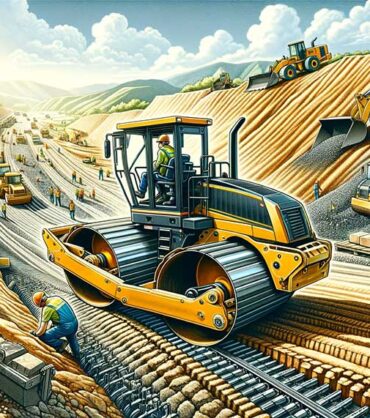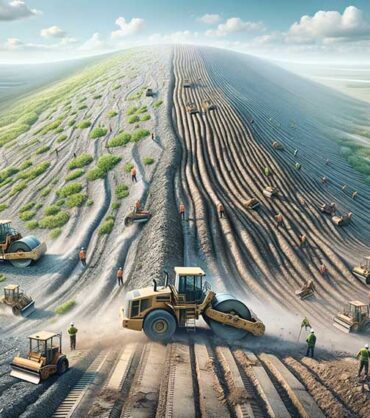FREQUENTLY ASKED QUESTIONS
FAQs
What is slope compaction, and why is it important?
Slope compaction is the process of densifying soil or other materials on slopes to increase their stability and reduce the risk of erosion or landslides. This process is crucial for maintaining the integrity of slopes in construction sites, road embankments, and landscaping projects, ensuring long-term safety and durability.
What are the key methods used in slope compaction?
Several methods are employed for slope compaction, including mechanical compaction with rollers or rammers, hydraulic methods using water to consolidate the soil, and chemical stabilization with additives that improve the soil's physical properties. The choice of method depends on the soil type, slope gradient, and project requirements.
How does weather affect slope compaction efforts?
Weather conditions can significantly impact slope compaction. Wet conditions can make soils difficult to compact and may require drying or stabilization before compaction. Conversely, extremely dry conditions may require moisturizing the soil to achieve optimal compaction. Seasonal weather patterns should be considered when planning compaction projects.
What are the signs that a slope may need compaction?
Signs that a slope may require compaction include visible erosion, shifting or settling soil, cracks or gaps in the slope surface, and water pooling at the base of the slope. These signs indicate that the slope's integrity may be compromised, necessitating compaction to prevent further degradation.
How do I choose a reliable slope compaction company?
Selecting a reliable company involves researching their experience, reputation, and the quality of their previous projects. Look for companies with specific expertise in slope compaction, positive customer reviews, and a portfolio of successful projects. Additionally, ensure they are licensed, insured, and follow industry best practices.
What questions should I ask a potential slope compaction service provider?
Key questions include asking about their experience with projects similar to yours, their approach to dealing with challenging soil conditions or weather, their equipment and technology, timeframes for completion, and detailed quotes including all costs. Understanding their process and how they handle unexpected issues is also important.
Can slope compaction be done on any type of soil?
While slope compaction can be performed on a wide range of soil types, the effectiveness and methods used can vary significantly depending on the soil characteristics. Clay, silt, sand, and gravel all require different approaches to achieve optimal compaction. A professional assessment is essential to determine the most effective method for each situation.
What should be included in a slope compaction project contract?
A comprehensive contract should outline the project scope, detailed descriptions of the work to be performed, timelines, costs, payment schedules, and any warranties or guarantees. It should also cover how changes to the project will be handled, dispute resolution mechanisms, and responsibilities for permits or regulatory compliance.



